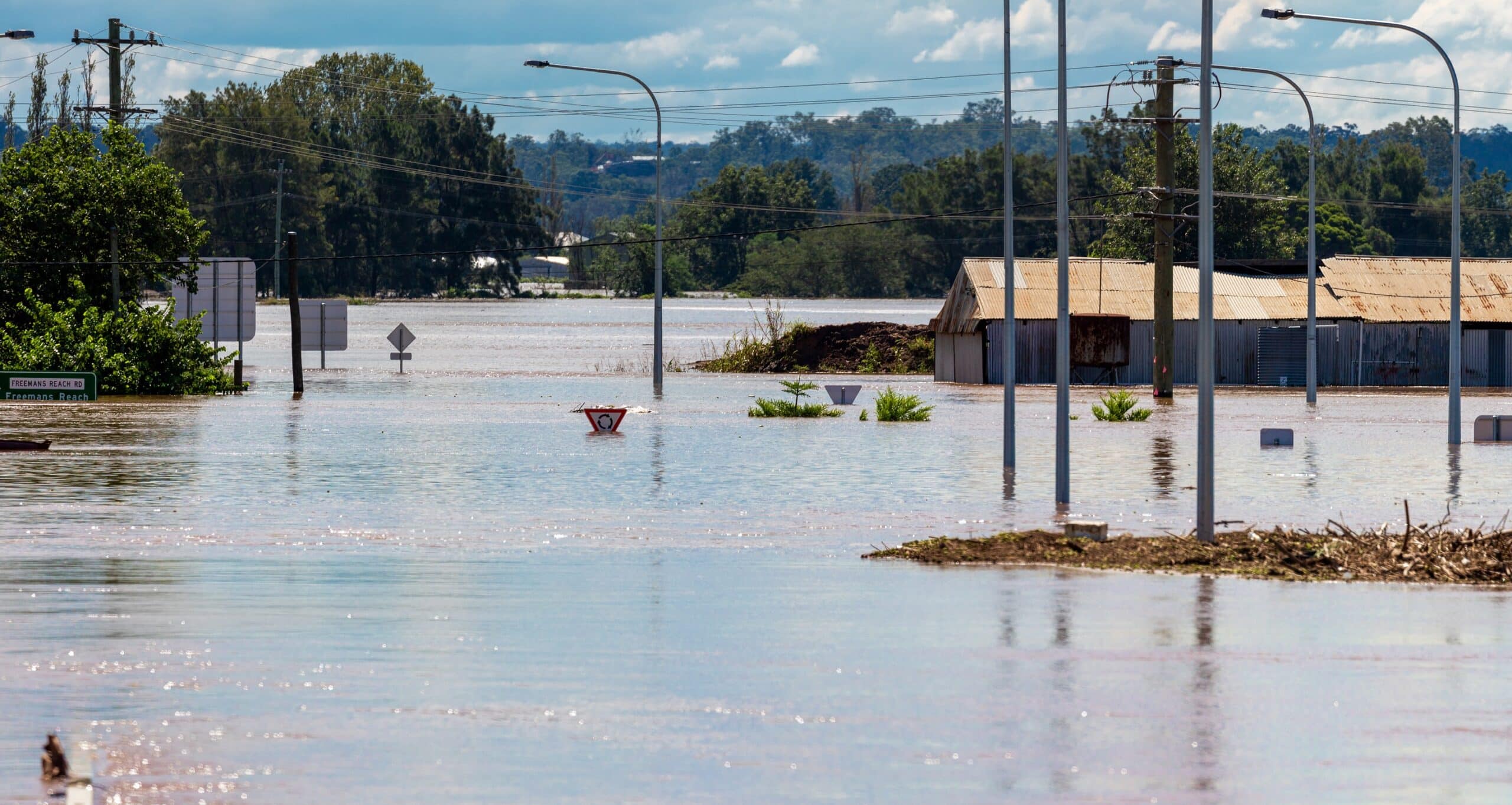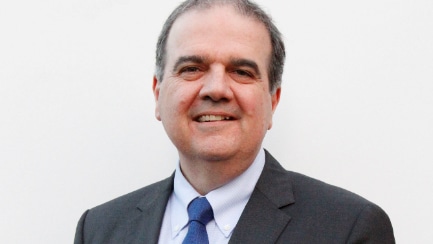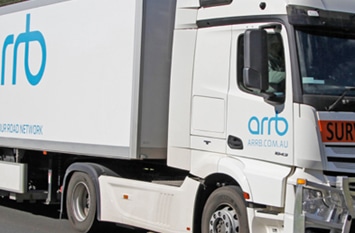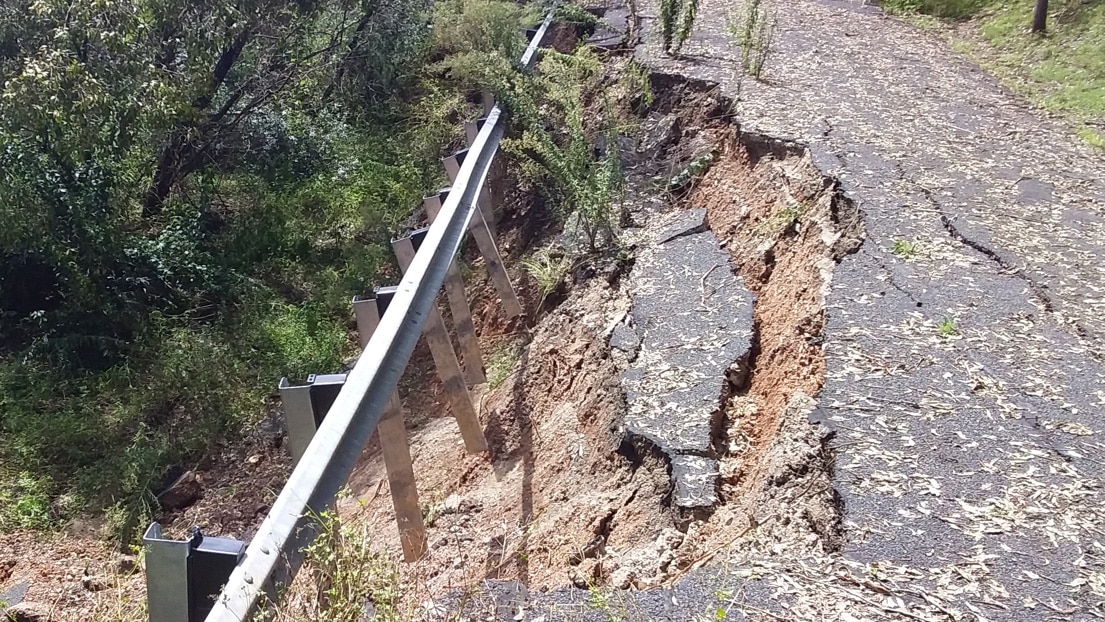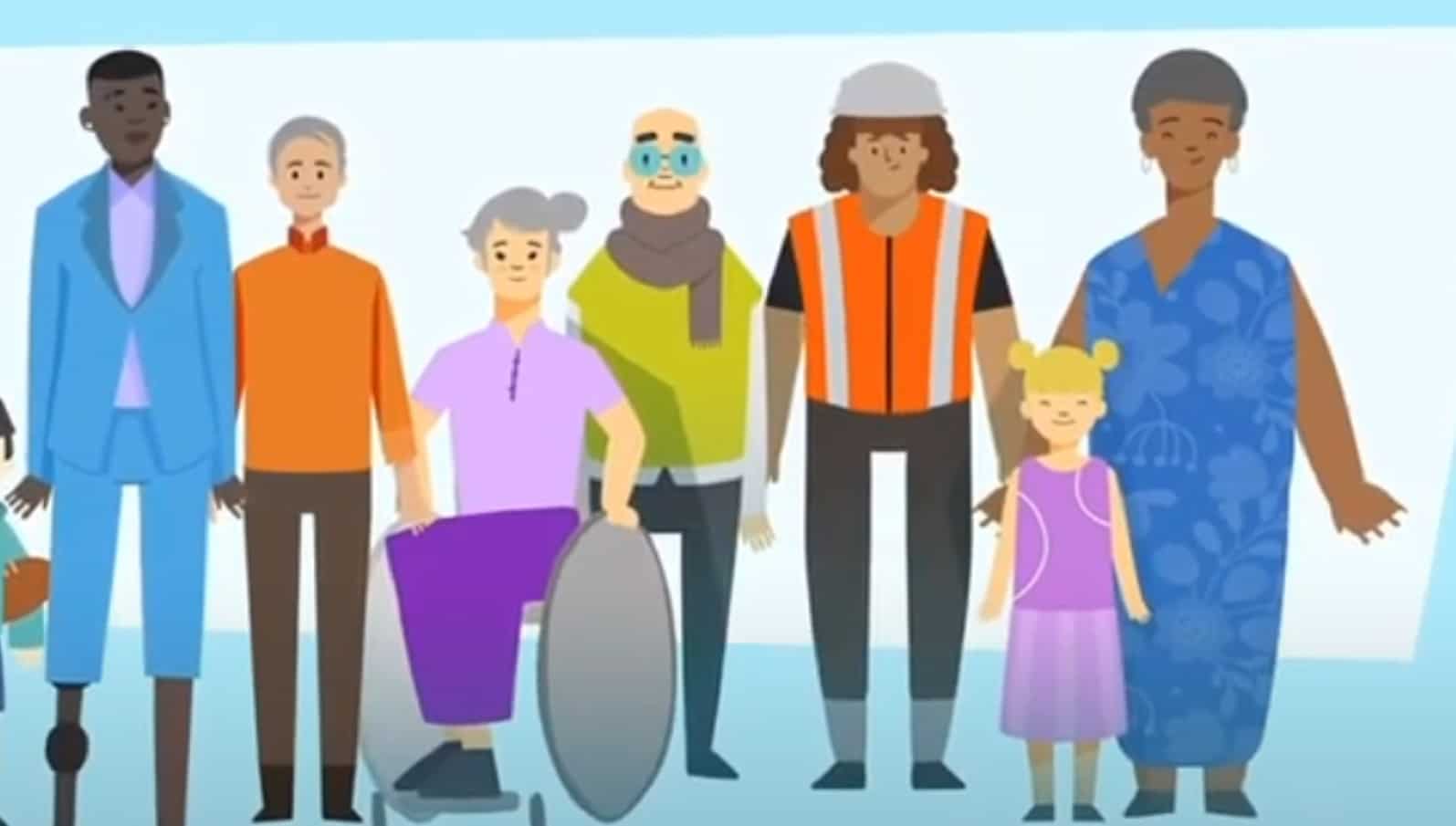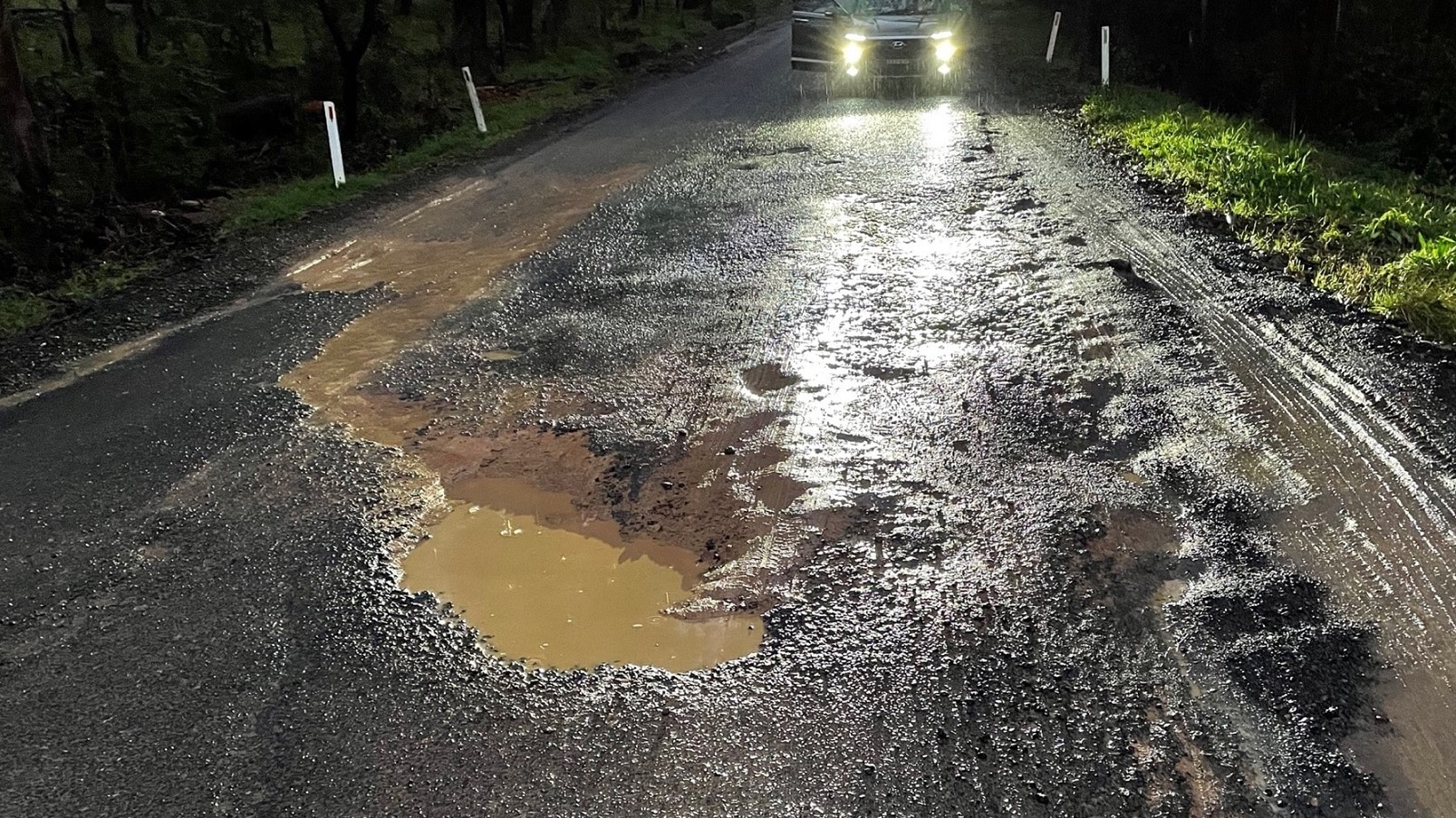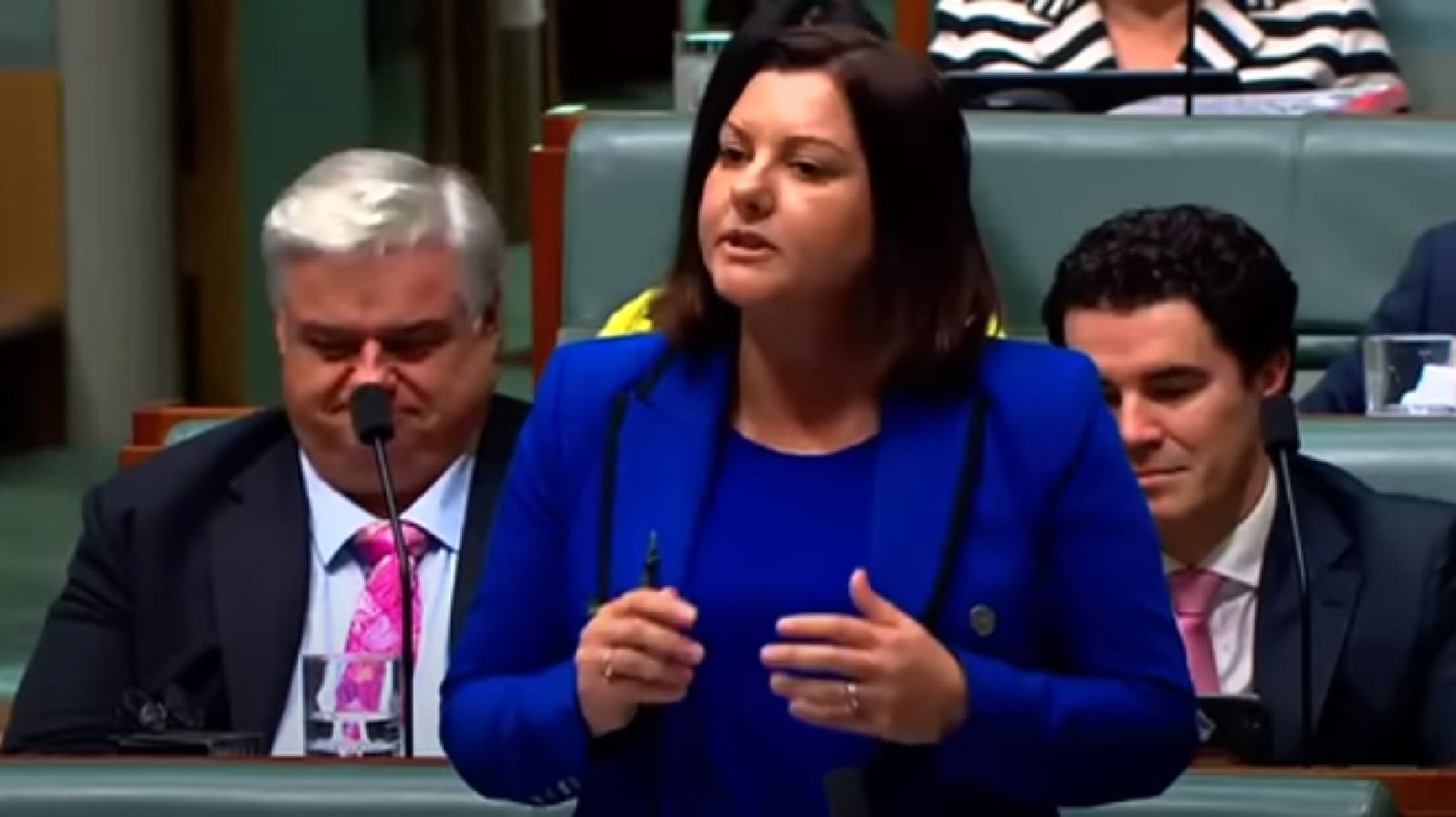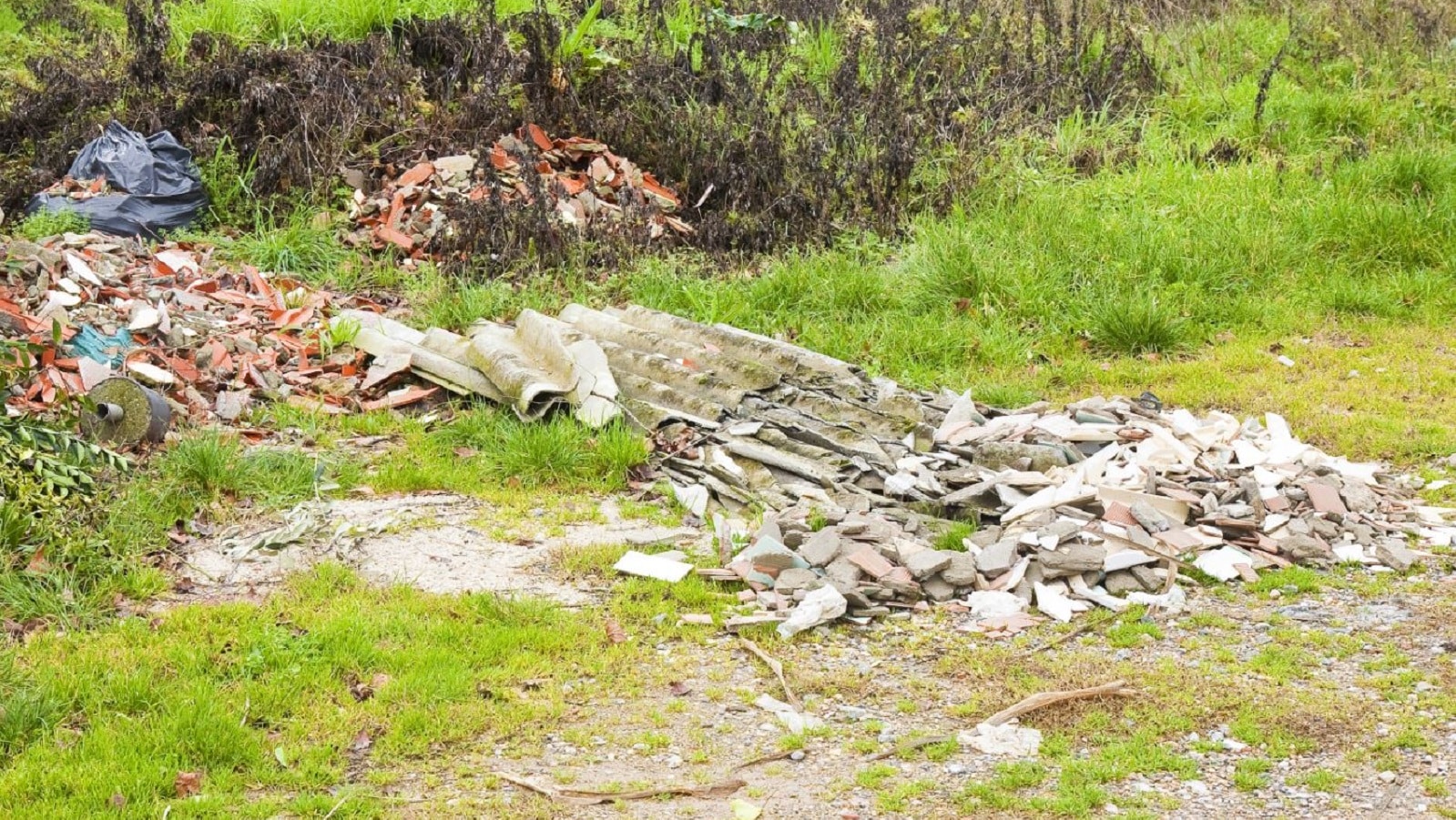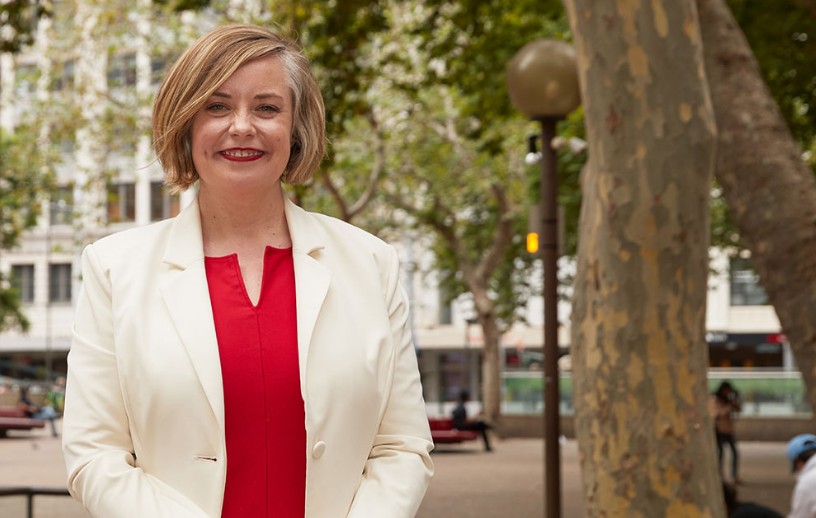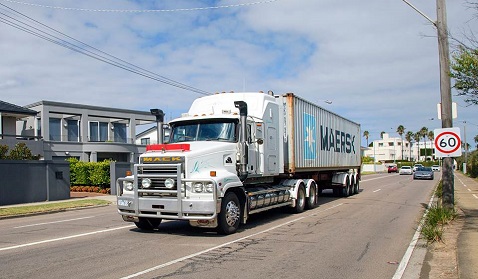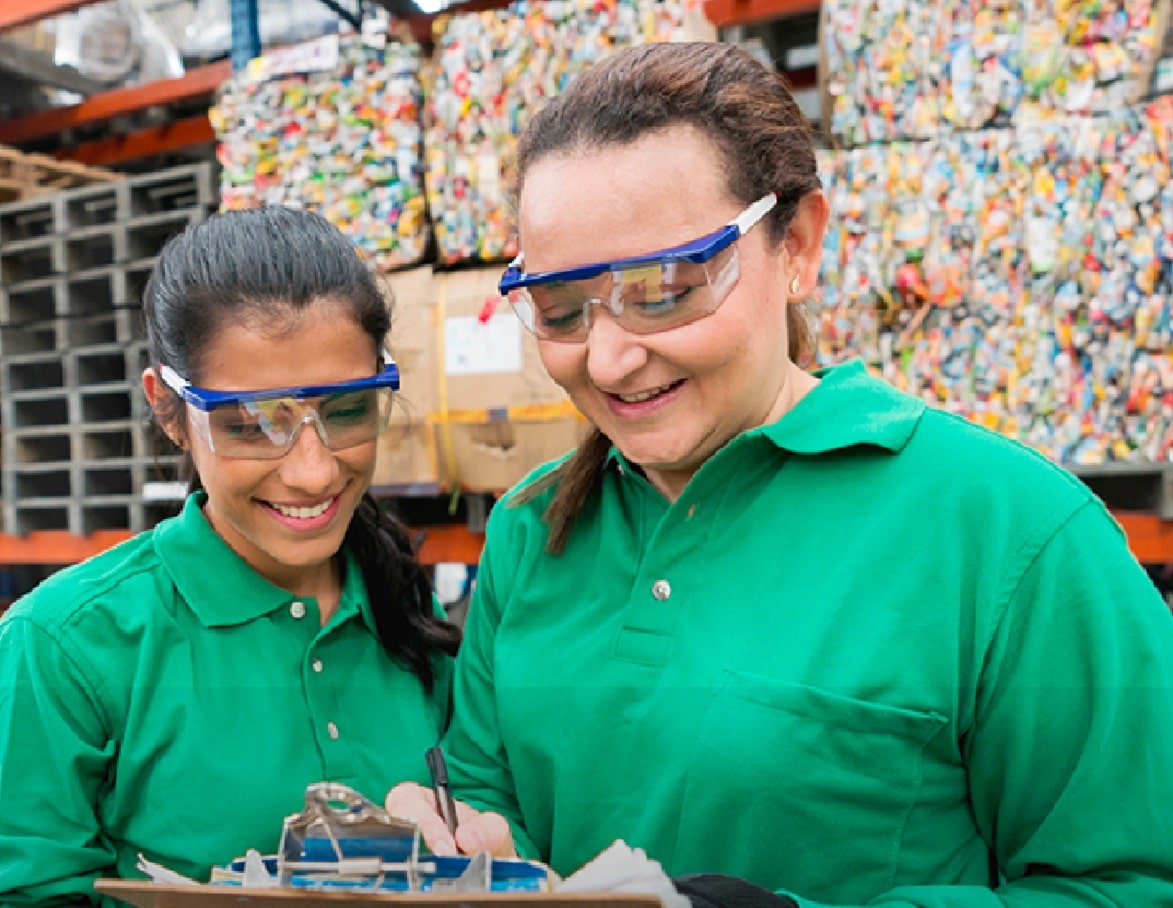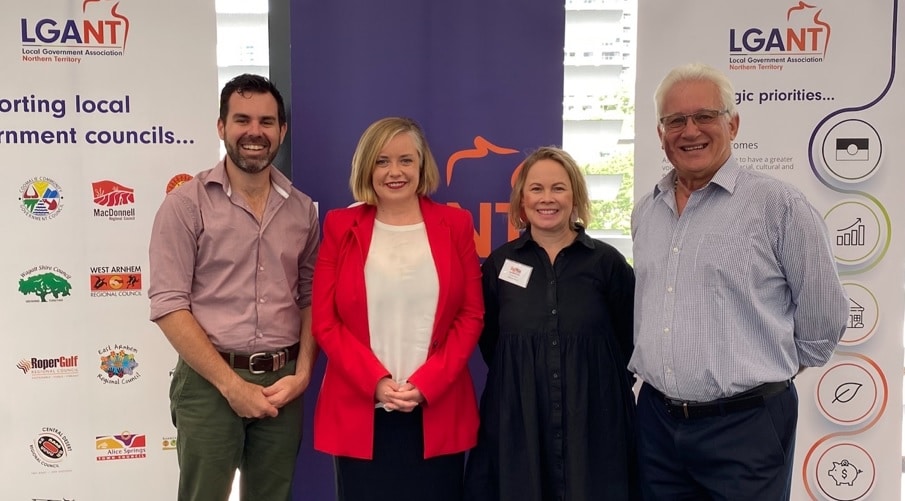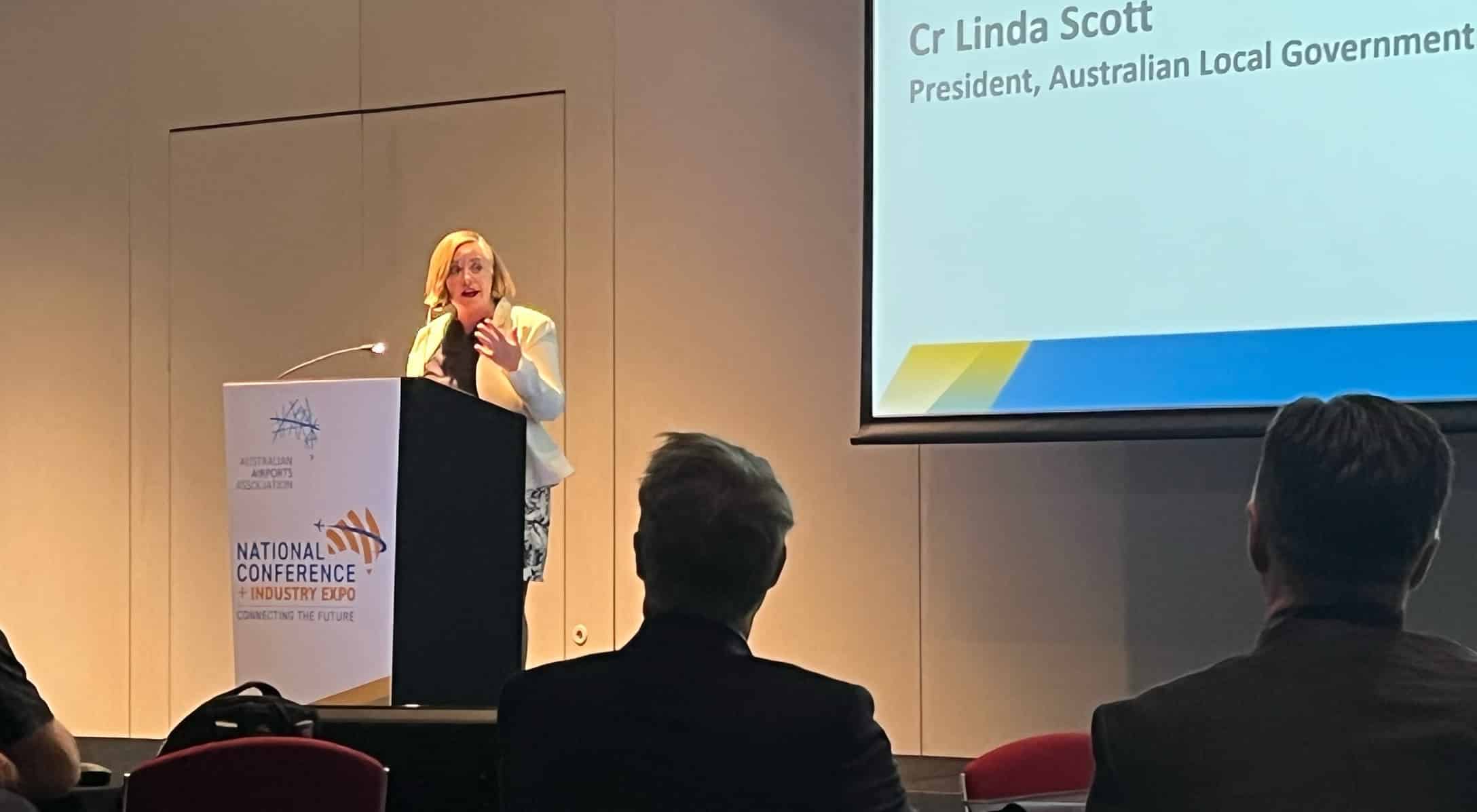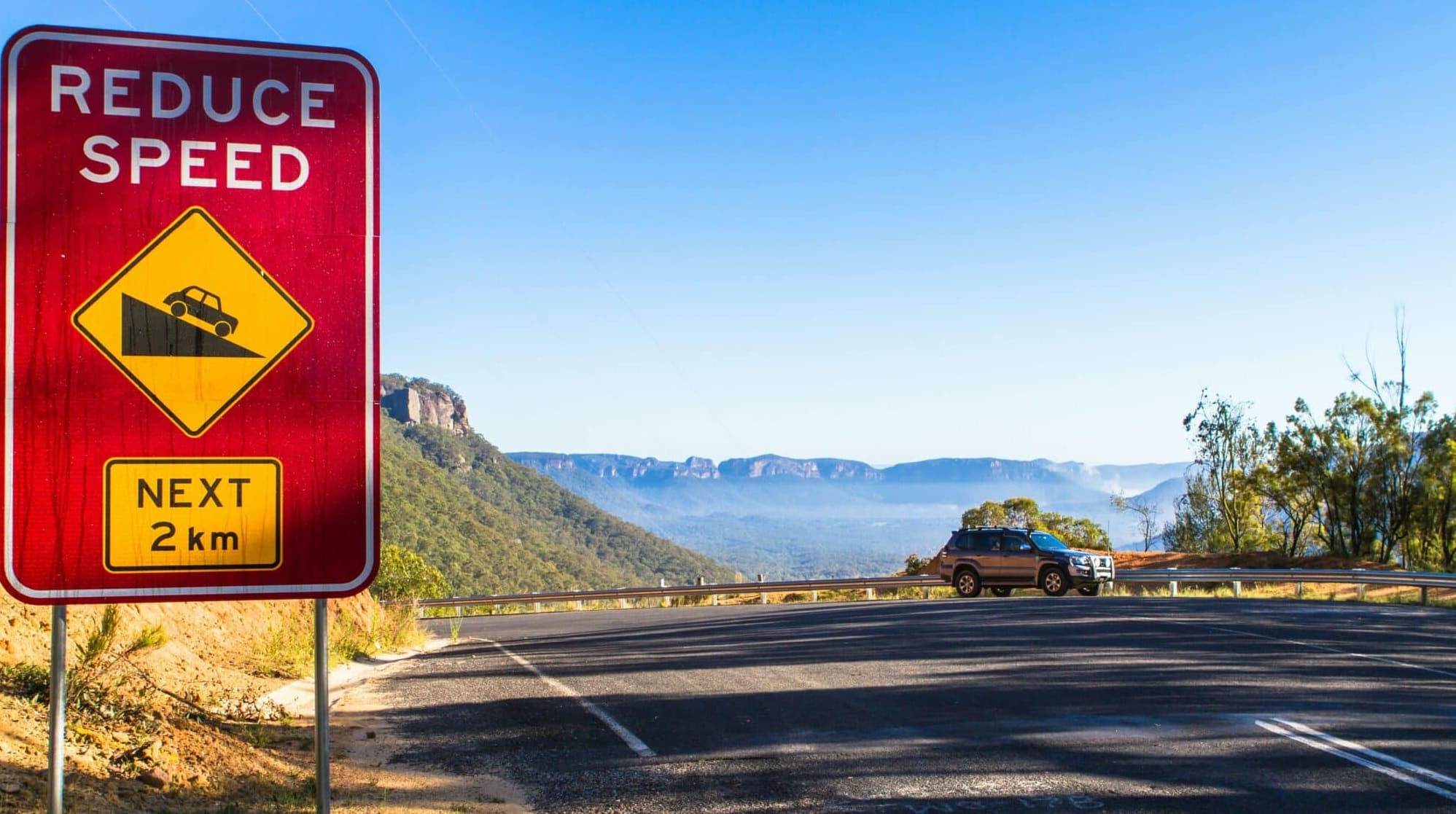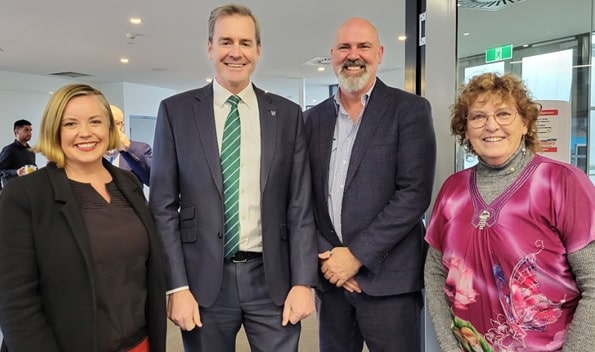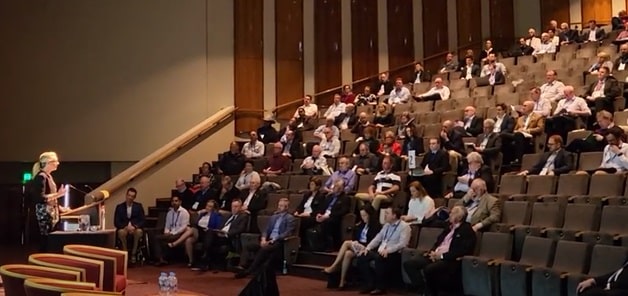JOINT MEDIA RELEASE
With the cost of repairing Australia’s flood and rain damaged roads expected to top $3.8 billion, the Australian Local Government Association (ALGA) has joined with the Australian Road Research Board (ARRB) to call for an urgent rethink of road construction, maintenance and funding.
Speaking of behalf of Australia’s 537 councils, ALGA President Linda Scott said rebuilding these roads to current standards would only cost Australian communities more in the long term.
“In recent months, thousands of kilometres of local roads across NSW, Victoria, South Australia and Queensland have been severely damaged by flooding, and in some cases have been washed away,”
Cr Scott said.
“ALGA has estimated the total cost of fixing and replacing these roads is in the vicinity of $3.8 billion, which is roughly the equivalent of Australia’s annual foreign aid budget.
“Considering the ongoing impacts of climate change, we can’t simply rebuild our local infrastructure – including roads, footpaths and cycleways – to current standards, we need a fundamental shift in the way we fund, deliver and maintain these assets.”
ARRB Chief Executive Officer Michael Caltabiano said the extensive damage to large parts of the road system across several states was a major wake-up call and an opportunity to evolve the way Australia’s roads are constructed and managed to deliver more resilient outcomes.
“Moisture is kryptonite for roads, and inevitably leads to potholes. This year’s floods and torrential rains have caused large scale catastrophic damage to the road systems that connect communities and deliver freight. Now is the time to reassess what innovations are possible to prevent a repeat of this infrastructure emergency,” Mr Caltabiano said.
Mr Caltabiano said standards and materials used for constructing Australia’s road systems needed to change to improve water resistance and quicker recovery after significant rainfall events.
“Australia houses some of the smartest road technology in the world and the latest ARRB research shows many recyclables – including tyre rubber – are not only eco-friendly but create a more durable and resilient road surfaces,” Mr Caltabiano said.
“ARRB also has a range of the state-of-the-art vehicles fitted with lasers and high-tech equipment to measure road conditions at traffic speed. Pinpointing the issues on a road can ensure valuable maintenance dollars are spent in the right place, at the right time.”
Cr Scott said while councils appreciate the significant federal government support they receive, they need an increase in Federal Roads to Recovery funding from $500 million to $800 million per year to help invest in new technologies and build more resilient roads.
“ALGA has advocated for betterment funding to be more effectively incorporated into Disaster Recovery Funding Arrangements, and we are pleased the government has indicated they are keen to progress these changes.
“While many councils are facing unprecedented flooding, others in the Northern Territory and northern Western Australia see their roads washed away every wet season, and these councils need more support to break this cycle.”
Cr Scott said the Government’s new Disaster Ready Fund would play a key role reducing damage caused by natural disasters.
“No amount of innovation can save a road that’s underwater, so it’s vital we continue to invest in flood mitigation.
“Allocating $200 million per year is a great first step, but we need to continue to grow this investment if we want to effectively safeguard our local towns and communities.”
-ends-
Media contacts:
ALGA Media – Brad Watts | brad.watts@alga.asn.au | 0418 415 649
ARRB Media – Guy Hand | guy.hand@arrb.com.au | 03 9881 1555
Background
National road infrastructure:
Councils are responsible for more than three quarters (77 per cent) of Australia’s roads by length, equating to about 678,000km.
- However, there’s a huge cost that comes with managing these roads, and local governments collect less than four per cent of national taxation revenue.
- ALGA’s 2021 National State of the Assets report found 8 per cent of sealed local government roads and 14 per cent of unsealed local government roads in Australia are in poor condition, function and capacity.
About ALGA
The Australian Local Government Association is the national voice of local government, representing 537 councils across the country. In structure, ALGA is a federation of state and territory local government associations.
About ARRB
ARRB collaborates with all levels of government – including councils and transport agencies – consultants and contractors, and private sector organisations on any aspect of transport and mobility.
They deliver transport solutions that are safer, more sustainable, value-for-money and provide a demonstrable return on investment.
Posted 8 December, 2022




